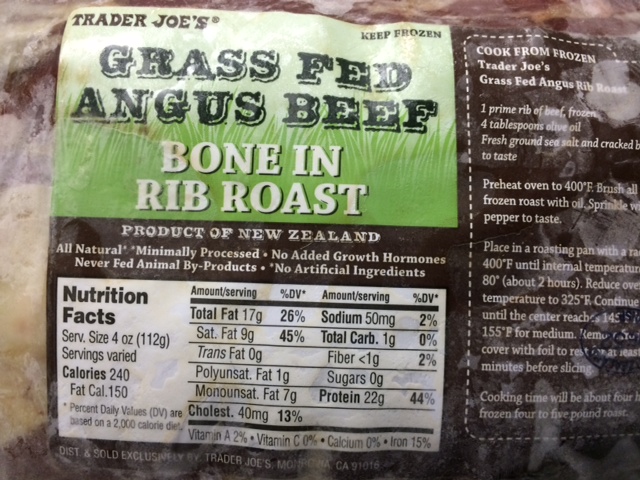One thing that got lost in the whole “Are organic foods really healthier” debate is the issue of GMOs. You may have noticed that I often mention whether or not a product contains GMOs.
I do this because I avoid them. Yes that means I have to buy non-GMO certified products or to buy organic. Soy, corn, canola and potato products that are not organic or certified are typically GMO.
This is a health risk that the doctors at Stanford did not consider because they couldn’t study it. The robust research on the safety and healthfulness of GMOs has never been published.
I avoid GMOs because I don’t think the long term effects that they have on humans and the environment have been sufficiently studied. The few studies that do exist are not reassuring. This article from the International Journal of Biological Sciences summarizes the concerns raised by the results of some of these studies. This is a full article but it is not overly technical.
http://www.ncbi.nlm.nih.gov/pmc/articles/PMC2952409/?tool=pubmed
If Monsanto believes in its product why not do or encourage research to prove its safety? If you compare this to the much vilified aspartame, you will note that you can pull up hundreds of studies on aspartame. By allowing their product to be studied they have proven to me that it does NOT cause cancer or other serious health issues in people who are not sensitive to it. Brain fog maybe, but not cancer. The data is clear. The data exists.
But for some reason Monsanto is not openly encouraging this research, which just gives credence to the theory that GMO corn, soy, canola, sugar, and potatoes may have adverse long term health impacts.
The goal of this site is to support parents as they make informed choices about what is best for their families. My choice is to avoid GMOs even though it adds another food shopping challenge since organic and gluten-free is expensive.
The following papers are pretty dry (I added one from the Huffington Post which is not scholarly but is a bit more readable), but for me they were enough.
A meta-analysis of the impacts of GMOs on mice and rats.
http://aaemonline.org/gmopost.html
An early study published in The Lancet. The design of this study about GMO potatoes has been criticized, but Monsanto has not responded with its own superior study so…. The fact that it damaged the small intestines of the rats so severely is enough for me. My small intestine has already been through enough.
http://stopogm.net/sites/stopogm.net/files/ewenpusztai.pdf
This time the rats experienced some level of kidney and liver failure and a 33% increase in triglycerides. Given the heart attack rates in celiacs…I will be passing once again.
The Huffington Post summary
http://www.huffingtonpost.com/2010/01/12/monsantos-gmo-corn-linked_n_420365.html
The actual research
http://www.rapaluruguay.org/transgenicos/Maiz/Genetically_Maize.pdf
So are organic foods healthier than conventional ones. Yes, they are. But not because vitamin and mineral levels are different. The issue is that when it comes to grains, sugar, canola and soy the conventional food isn’t as conventional as one might think.


